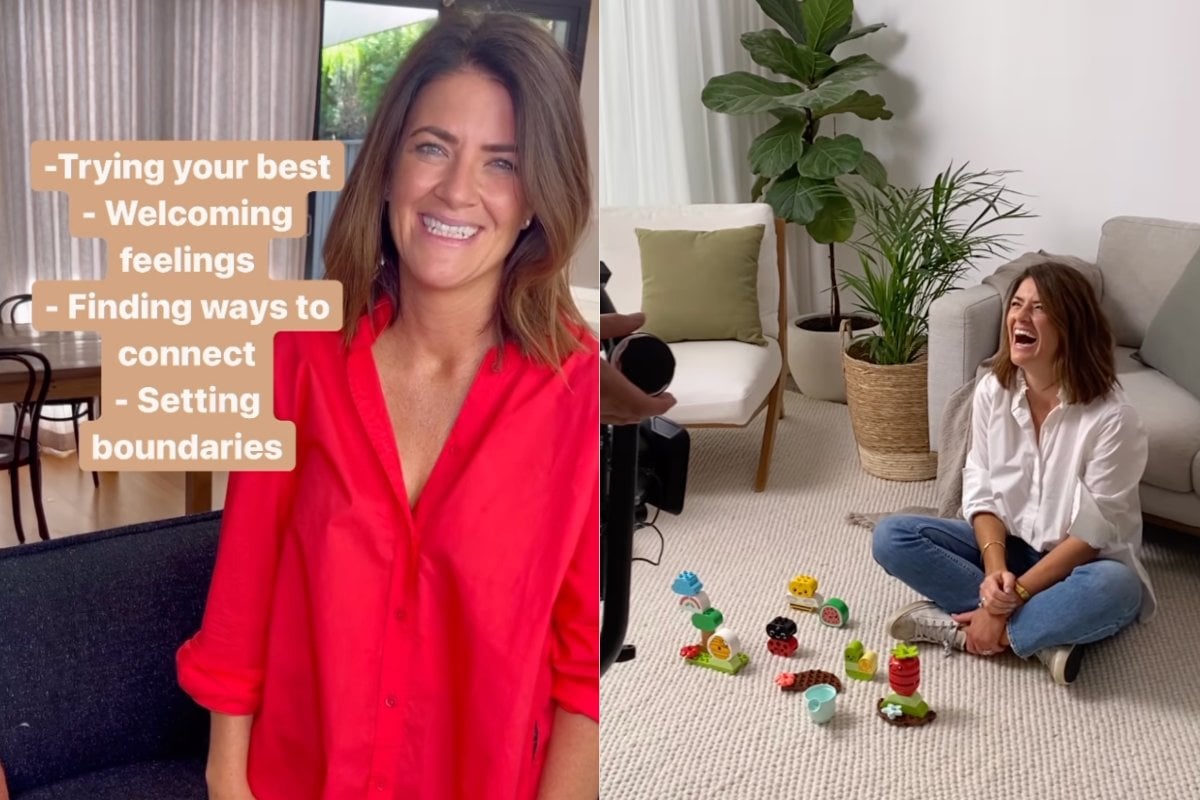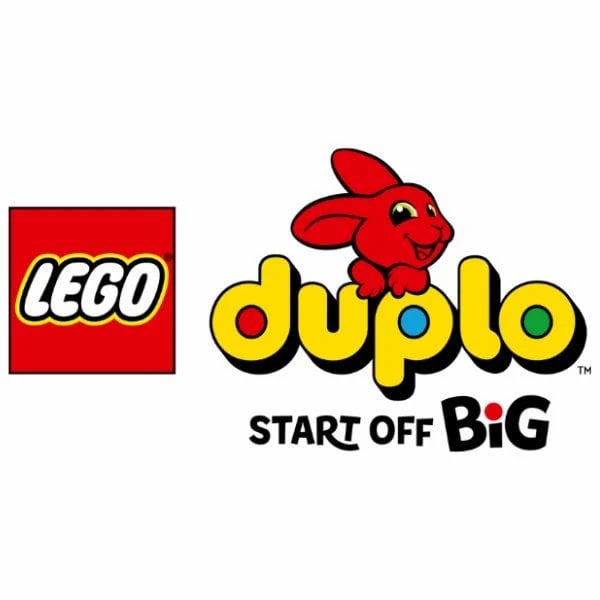

We all want to raise well-adjusted kids who care about the planet and environment around them.
But when it comes to parenting toddlers, getting through the day can seem like a daunting enough task in some moments. With your (and their) energy being pulled in different directions as new sets of challenges emerge, contemplating the ‘how to’ of building the right foundations for your kids can feel overwhelming.
That’s where Genevieve Muir comes in. Genevieve is a Parent Educator, Obstetric Social Worker and founder of Connected Parenting. A mum to four boys herself, her passion for helping parents in the early years of raising kids has steered thousands of families through the challenges of parenting toddlers.
“One of the biggest underlying questions that parents have is, ‘How do I raise my child to be a good person?’ I think all parents feel responsible for raising someone who is resilient, competent, brave, kind. When we look at the real core of it, we just want to feel like we're not 'stuffing it up'.” Genevieve told Mamamia.
Genevieve says that modelling behaviour is the biggest draw card to instil positive, nurturing values from an early age, but she wants parents to know that taking time for themselves is important, too.
Mamamia chatted with the parenting educator herself about how busy parents can give their toddlers the best start in life, with practical, guilt-free advice.
Listen to this episode of How To Build A Human, where parent Leigh Campbell picks expert Gen Muir's brains about why connection is so important for everything we teach our kids. Post continues below.
